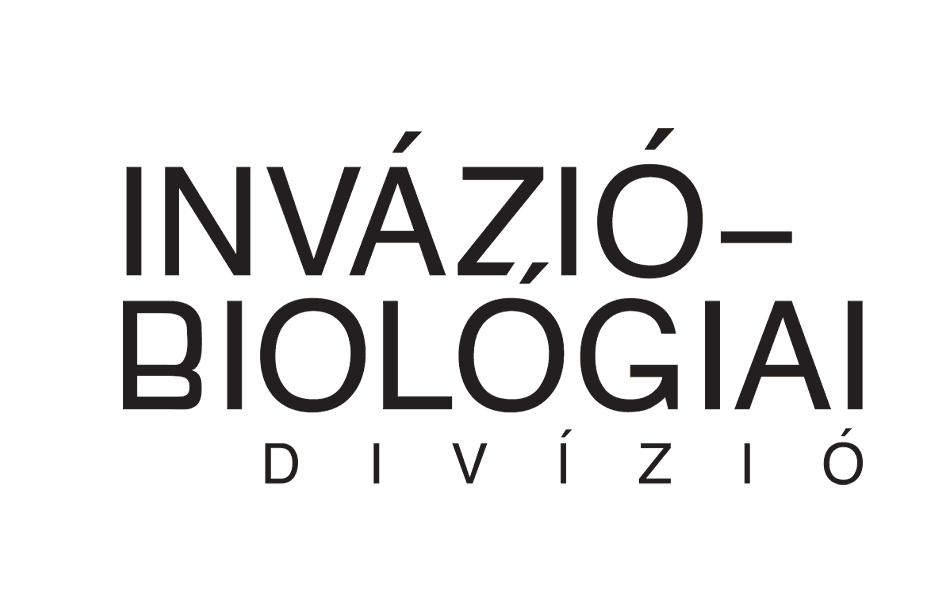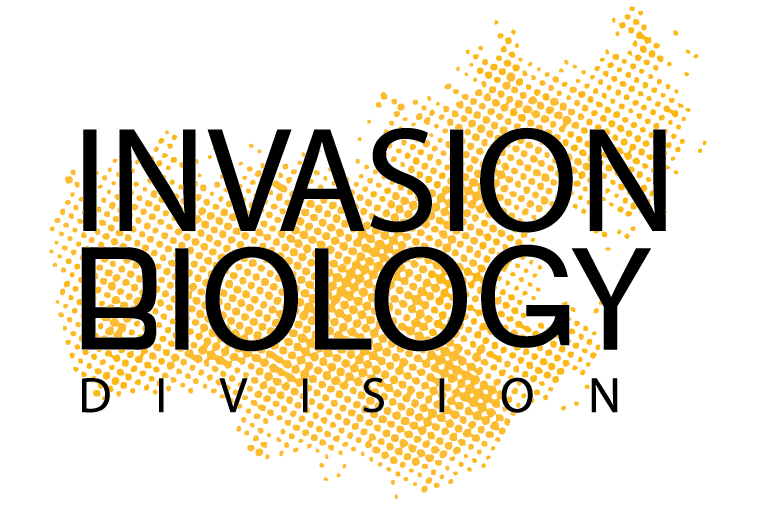The research group investigates the dispersal patterns and ecological interactions of potentially colonizing invasive or established agricultural pests, by developing methods for monitoring and by investigating the various interactions underlying ecological relationships. Monitoring methods will be developed to collect the target population as selectively as possible, e.g. based on nutrient plant, pheromone odours or visual stimuli. Our aim is to enable DNA-based identification of true bugs and the pathogens they transmit from samples collected with the newly developed traps. In parallel, we are developing methods that will allow us to determine the presence of target species of true bugs in a given habitat from so-called “environmental DNA”. The specific monitoring of the invasion process will be carried out by broad-scale monitoring of pest species of mealybugs already present in neighbouring countries or recently detected in our country, which will also allow us to investigate the effects of climate change on this process, taking into account climatic differences within the country. One of the main risk of insect pests is that they also spread plant pathogens. In relation to the spread of these pathogens, one of the sub-themes is to investigate how cultivated agricultural crops and natural vegetation in the vicinity of fields affect the survival of vector insect pests (e.g. overwintering) and the persistence of the spreading plant pathogen, with possible host jumping. Among ecological interactions, we will study competition between invasive and native plant pest insects. We will use mainly individual-based behavioural studies to investigate the impact of the invasive competitor on the feeding, damage and pathogen spread of native plant insect pests, mainly true bugs.

Participating researchers
Partners
- Çukorova University, Adana, Turkey - invasive mealybugs research



